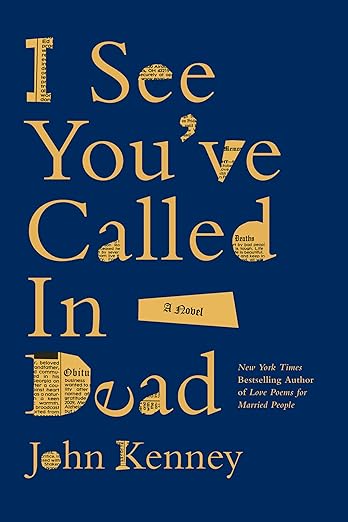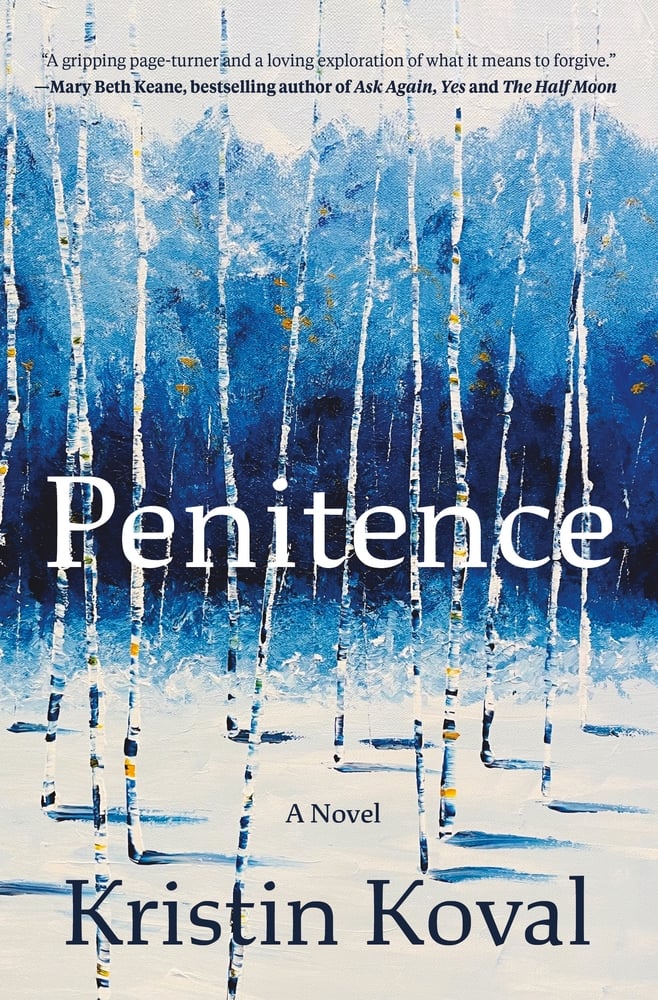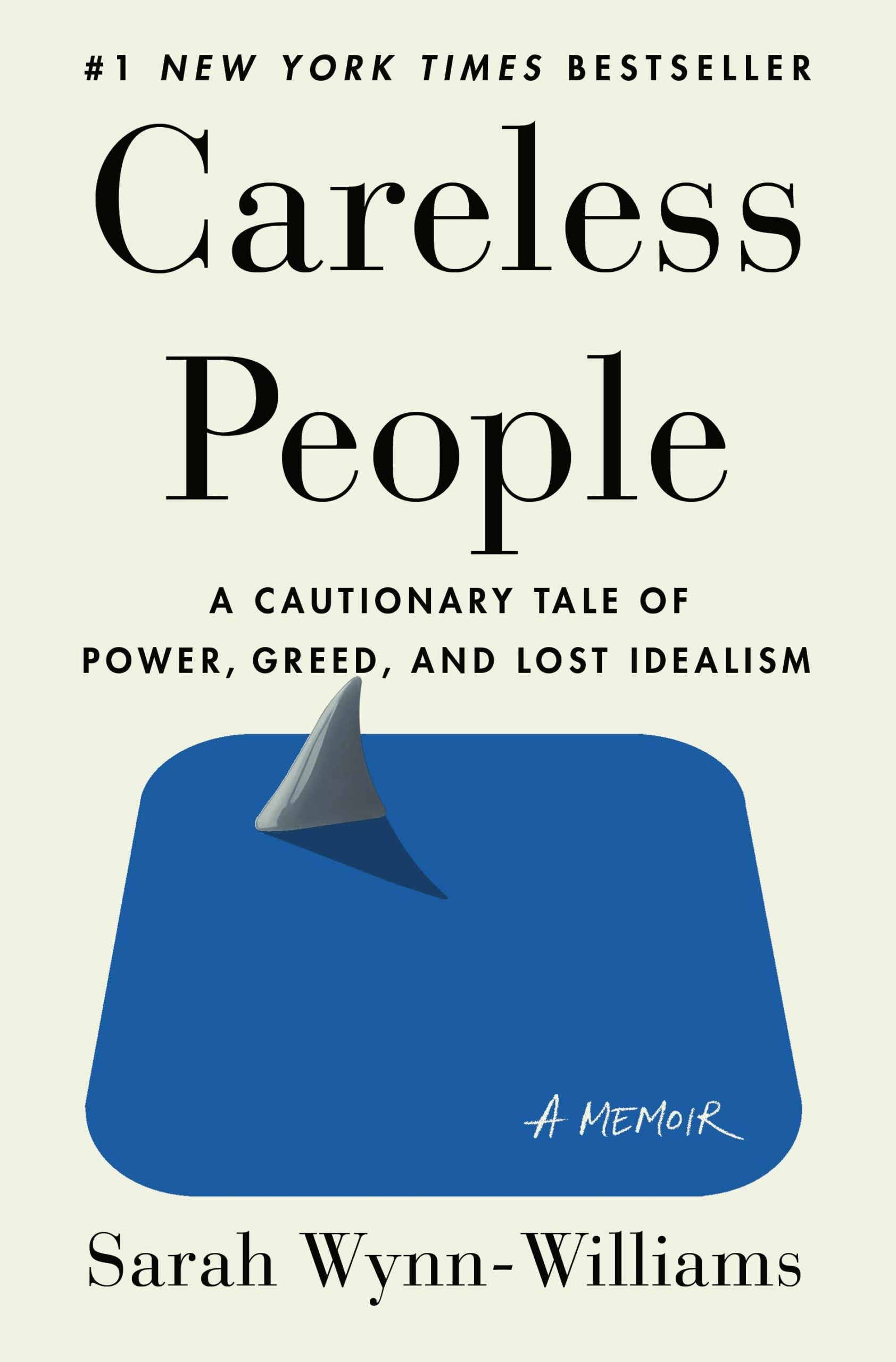I just finished Porter Shreve’s Drives Like A Dream. It’s the story of a woman in her early sixties whose three grown children have moved away from home, and whose ex-husband remarries a younger woman. The book opens when her children have returned home for the weekend to attend their dad’s wedding. After they leave, she meets a man at a museum and starts an email correspondence with him, and then decides she needs to get her children’s attention, so she inflates the importance of the relationship with her email friend and worries them enough that they come home, in turn, to check up on her.
I wanted to like the book, for a few reasons. Porter Shreve is a good writer. The book is set in Detroit, the city where my parents grew up and lately, my home away from home. The main character writes about cars, and specifically about GM, the company that is the reason that Detroit is my home away from home. So I enjoyed the GM references and the little insights about Detroit.
In the end, though, the book wasn’t very good. First, the characters are kind of silly, especially the main character. (This became even more apparent to me when I typed the first paragraph, above — trying to summarize what the book was about made me realize how silly the plot was.) Second, I was annoyed by the fact that the characters always say exactly what they feel. There is no subtlety, no confidence on the part of author that his readers will understand what’s motivating the characters if he doesn’t say exactly what they are thinking.
One user review on Amazon summed this book up perfectly:
I loved the premise of this book – linking the downfall of a city and industry to the downfall of a family entrenched in its history. The execution could have been much better, though. It was a good idea and worked in the beginning. Having spent time in Detroit, I liked the settings. Shreve did a decent job of bringing the city to life on the pages. When I’m in Royal Oak and downtown next month, I know I’ll be looking for sights mentioned in the book.
The characters were shallow, barely more than cliches. In the beginning I liked Lydia and sympathized with her, but quickly lost patience for the far-fetched lies she created. She became as unlikeable as her wishy-washy ex-husband and immature, bratty daughter. As for her sons, they were little more than character sketches that didn’t illicit much in the way of emotional connection.
And the ending? Please. That was one of the most sloppy, lazy endings I have ever read. The ending ruined the whole experience for me. I didn’t get the feeling that the characters learned much from their experience.
I wanted to like this book. Really, I did.
(By the way, the person who wrote that review has a cool blog and writes often about books she’s read. This post about the books she read in 2006 has a lot of books that I have talked about on this blog too.)
I’d skip Drives Like A Dream.
















About Me
I have been blogging about books here at Everyday I Write the Book since 2006. I love to read, and I love to talk about books and what other people are reading.